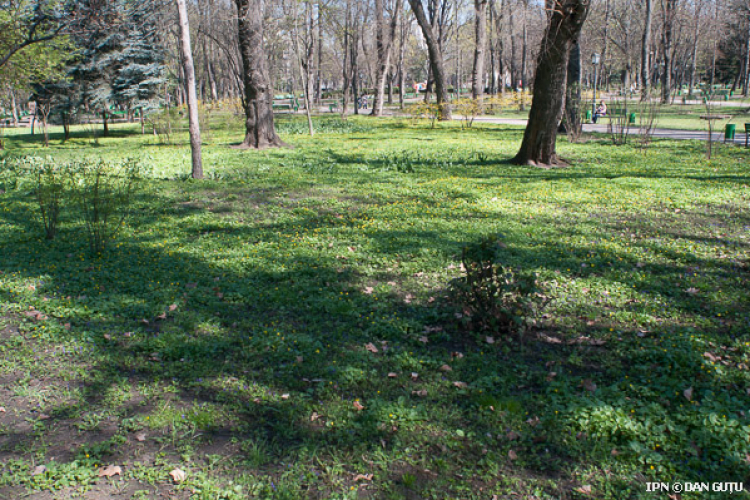Allergy to ragweed has become a serious health problem, both because of the aggressiveness with which it manifests itself in some cases and the increasing number of people suffering from allergy to this plant. In Moldova, ragweed is one of the most invasive plants and is widespread in most districts. June is dedicated to raising awareness of the health risk caused by ragweed. The National Public Health Agency called on the public authorities, private sector and population to get involved in destroying this plant from the spaces they own or manage, IPN reports.
Ragweed produces large amounts of pollen since mid-July, depending on the weather conditions, and until the end of September. To prevent the growth of the plant, it needs to be cut as low as possible, 4-5 times during the growing season, to prevent the formation of new inflorescences. Likewise, herbicides can be applied.
Ragweed pollen contains multiple highly allergenic fragments. Usually, allergies are caused by exposure to ragweed pollen over several years (3-4). So, symptoms of allergic rhinitis appear in children around 4-5 years of age. In some cases, even 6-month-old babies experience ragweed-induced allergic rhinitis.
To reduce the severity of symptoms, specialists recommend reducing the stay outdoors between 10.00 and 15.00, when the largest amounts of pollen are released into the air. Changing clothes after the walk is also suggested. It is recommended to take the necessary allergy medication 2-3 weeks before the onset of the pollination season. Pet owners are encouraged to wash the animals to limit the possibility of them bringing ragweed pollen inside. To prevent prolonged contact of pollen with the eye area, one should wear sunglasses.
In the Republic of Moldova, fines are imposed if landowners do not take actions to destroy the plant.

